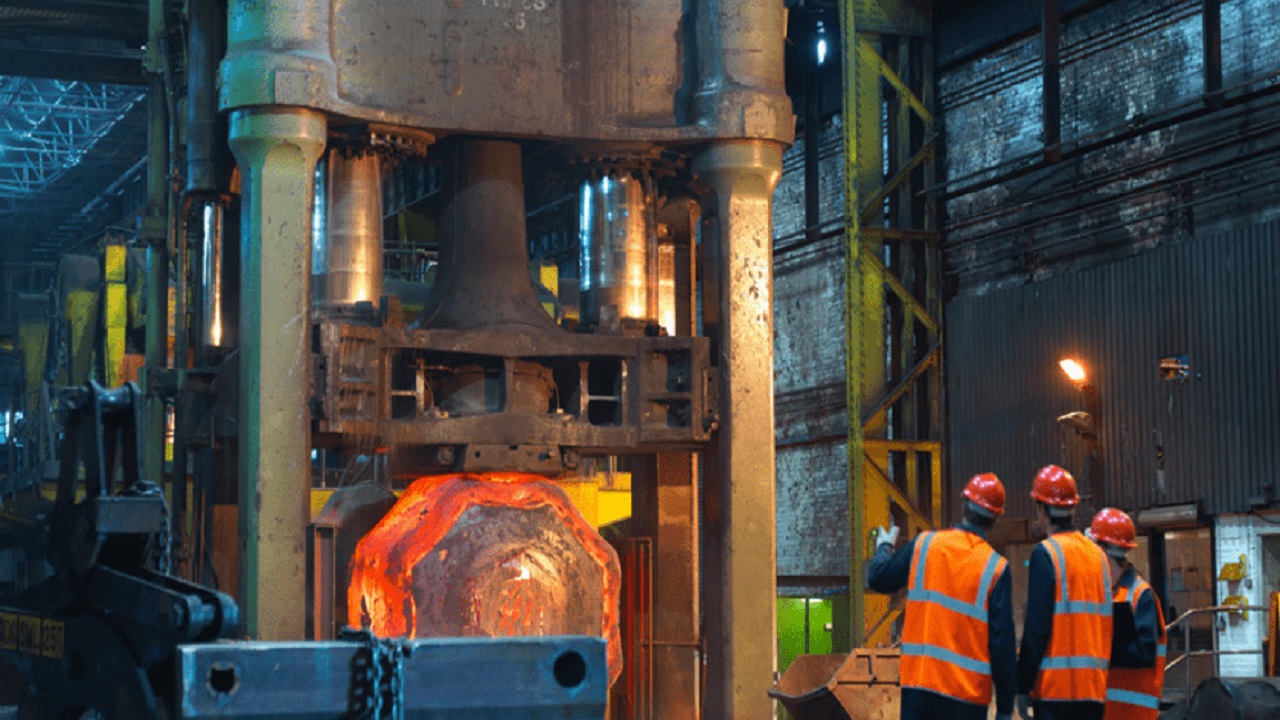In recent times, ebike parts and accessories have been pivotal to the performance of e-bikes; these parts have gained immense popularity lately for their eco-friendliness and efficiency. The quality and durability of these components play a crucial role in an electric bike’s performance, and one manufacturing technique that has proven to be highly advantageous in this context is forging.
What is Forging?
Forging is a metalworking process involving the shaping of metal through heat and pressure, as opposed to casting, which involves pouring molten metal into molds. Forging can be applied to a wide range of materials, including steel, aluminum, and titanium, making it a versatile choice for creating electric bike components.
Lighter Components for Enhanced Performance
Forging offers a significant advantage in electric bike parts by enabling the creation of lighter components without sacrificing strength. This is crucial for e-bikes, as reducing weight can lead to improved efficiency and longer battery life.
Strength That Withstands the Toughest Challenges
Electric bike parts must endure various stresses, from road vibrations to motor torque. Forged components excel in strength and durability due to their controlled grain structure, making them resilient to fatigue and fracture. This results in a longer lifespan for electric bike parts, ensuring they can withstand challenging terrains and weather conditions.
Saving Money in the Long Run
While the initial production cost of forged electric bike parts may be slightly higher, the long-term benefits are substantial. Increased durability and reduced maintenance lead to cost savings over time. Riders can enjoy their e-bikes for years without frequent replacements or repairs, making forging a cost-efficient choice.
Enhancing Rider Safety
Safety is paramount in electric bike parts. Forging plays a crucial role in ensuring rider well-being by providing superior strength and reliability. Brake components, for instance, benefit from forging’s ability to withstand extreme heat and pressure, offering riders responsive and reliable stopping power even during downhill descents.
Eco-Friendly Manufacturing
Forging aligns with eco-friendly manufacturing practices. It generates less waste and consumes fewer resources compared to alternative methods like casting. Additionally, the extended lifespan of forged components reduces the need for replacements, further decreasing the environmental impact of electric bike production.
Versatility and Customization
Forging allows for intricate and precise designs, enabling the crafting of custom electric bike components to meet specific requirements. Manufacturers can tailor components for different e-bike types, whether they are for urban commuting, off-road adventures, or high-speed racing. This versatility ensures riders can find the perfect electric bike with components that match their desired performance characteristics.
The Future of Electric Bike Parts
As the electric bike industry continues to grow, the demand for high-quality components will increase. Forging will play an even more significant role, offering lighter, stronger, and more cost-effective solutions. Manufacturers and riders alike are recognizing the advantages of this manufacturing process, ensuring that e-bikes will continue to evolve and provide an exceptional riding experience for years to come.
Conclusion
Forging has become a crucial technology in the production of electric bike parts, offering benefits that enhance performance, durability, and cost-efficiency. The lightweight yet strong nature of forged components not only improves the riding experience but also contributes to a greener and more sustainable future. Whether you’re a seasoned e-bike enthusiast or a newcomer, understanding the importance of forging in the manufacturing process can help you make informed decisions when selecting the best electric bike for your needs.

